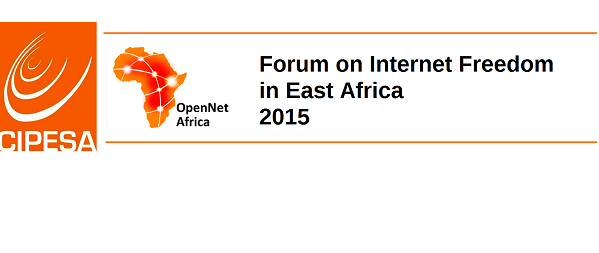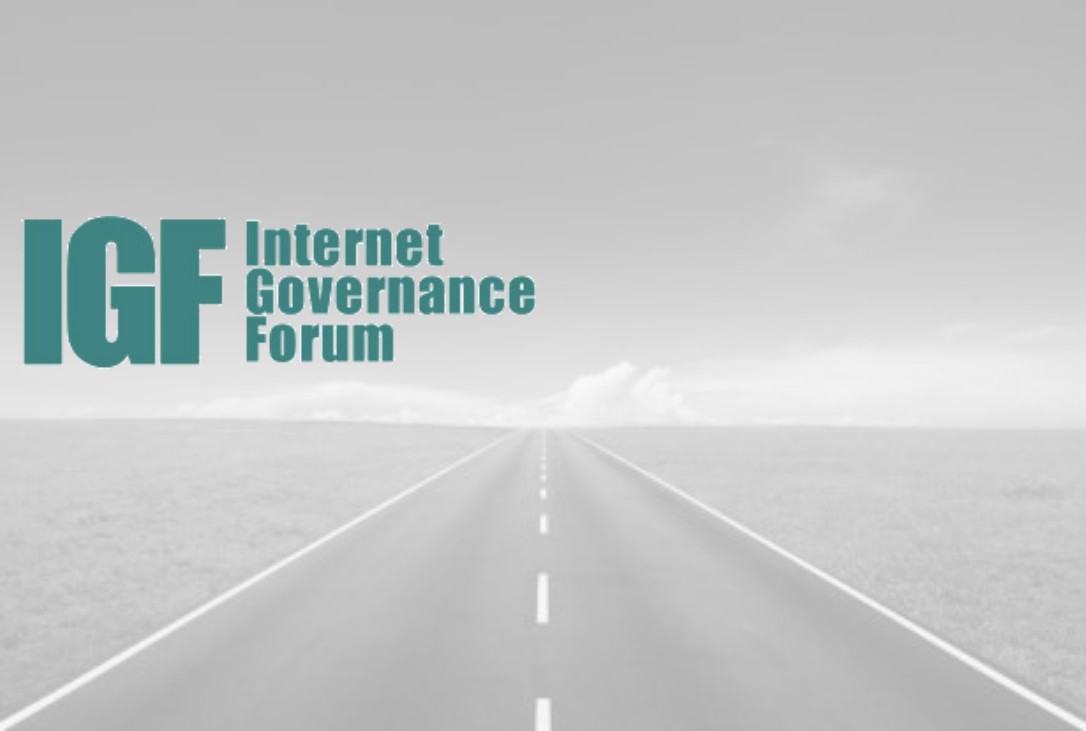By CIPESA Writer |
On November 13, 2025, the Collaboration on International ICT Policy for East and Southern Africa (CIPESA) took part in the global PILNET summit on Artificial Intelligence (AI) and its impact on the work of Civil Society Organisations (CSOs). Over three days, the summit assembled stakeholders from across the world in Rome, Italy, to deliberate on various topics under the theme, “Amplifying Impact: Pro Bono & Public Interest Law in a Shifting World.”
CIPESA contributed to a session titled, “Pro bono for AI: Addressing legal risks and enhancing opportunities for CSOs”. The session focused on AI and its potential impacts on the work and operations of CSOs. CIPESA emphasised the need for a universally acceptable and adaptable framework to guide the increased application of AI in the fast-evolving technological era. Furthermore, CIPESA highlighted its efforts in developing a model policy on AI for CSOs in Africa, which is being undertaken with the support of the Thomson Reuters Foundation through its global pro bono network.
Edrine Wanyama, Programme Manager Legal at CIPESA, centered his discussions around ethical and rights-respecting AI adoption, and emphasised the necessity for CSOs to enhance their knowledge and measures of accountability while navigating the AI ecosystem.
Mara Puacz, the Head of Impact at Tech To The Rescue, Ana de la Cruz Cubeiro, a Legal Officer at PILnet, and Megan King, a Senior Associate at Norton Rose Fulbright, shared similar sentiments on the benefits of AI, which include expanding advocacy work and initiatives of CSOs.
They noted the increased demand for transparency and accountability in AI development and use, and the need to minimise harms that marginalised communities face from AI enabled analysis of data sets that often perpetuate bias, gaps in data, and limited or poorly digitalised language sets.
The session cited various benefits of AI for CSOs, such as enabling human rights monitoring, documenting and reporting at various fronts like the Universal Periodic Review, aiding democratic participation, and tracking and documenting trends. Others are facilitating and enhancing environmental protection, such as through monitoring pollution and providing real-time support to agri-business and the health sector by facilitating pest and disease identification and diagnosis for viable solutions.
However, funding constraints not only affect AI deployment but also capacity building to address the limited skills and expertise in AI deployment. In Africa, the inadequacy of relevant infrastructure, data sovereignty fears amongst states, and the irresponsible use of AI and related technologies present additional challenges.
Meanwhile, between October 23 and 24, 2025, CIPESA joined KTA Advocates and the Centre for Law, Policy and Innovation Initiative (CeLPII), to co-host the 8th Annual Symposium under the theme of “Digital Trade, AI and the Creative Economy as Drivers for Digital Transformation”.
The symposium explored the role of AI in misinformation and disinformation, as well as its potential to transform Uganda’s creative economy and digital trade. CIPESA emphasised the need to make AI central in all discussions of relevant sectors, including governments, innovators, CSOs and the private sector, among others, to identify strategies, such as policy formulation and adoption, to check potential excesses by AI.
Conversations at the PILNET summit and the KTA Symposium align with CIPESA’s ongoing initiatives across the continent, where countries and regional blocs are developing AI strategies and policies to inform national adoption and its application. At the continental level, in 2024, the African Union (AU) adopted the Continental AI Strategy, which provides a unified framework for using AI to drive digital transformation and socio-economic development of Africa.
Amongst the key recommendations from the discussions is the need for:
- Wide adoption of policies guiding the use of AI by civil society organisations, firms, the private sector, and innovators.
- Nationwide and global participation of individuals and stakeholders, including governments, CSOs, the private sector, and innovators, in AI processes and how it works to ensure that no one is left behind. This will ensure inclusive participation.
- Awareness creation and continuous education of citizens, CSOs, innovators, firms, and the private sector on the application and value of AI in their work.
- The adoption of policies and laws that specifically address the application of AI at national, regional and international levels and at organisational and institutional levels to mitigate the potential adverse impacts of AI rollout.




